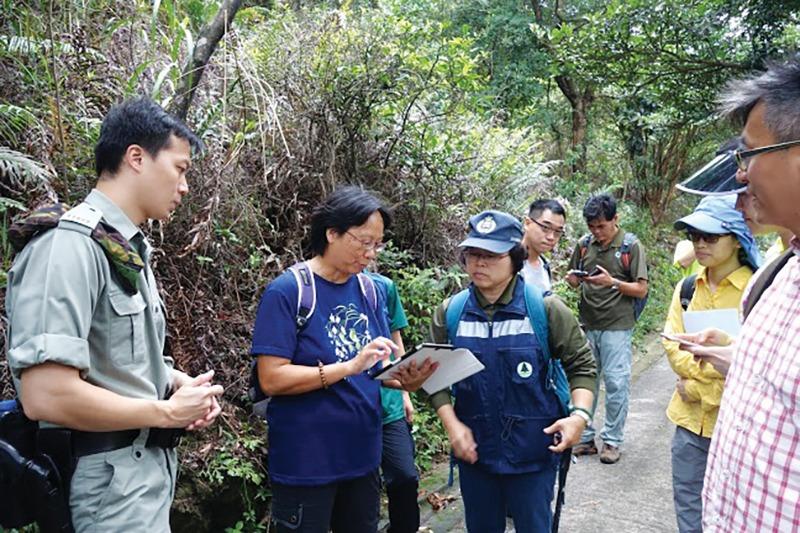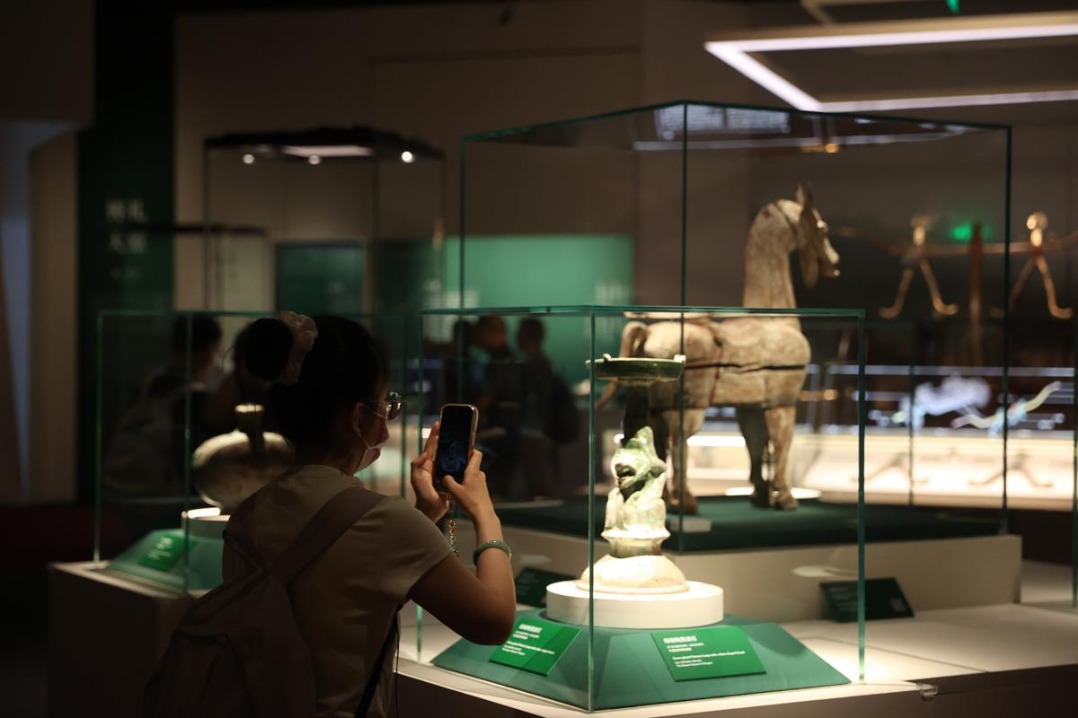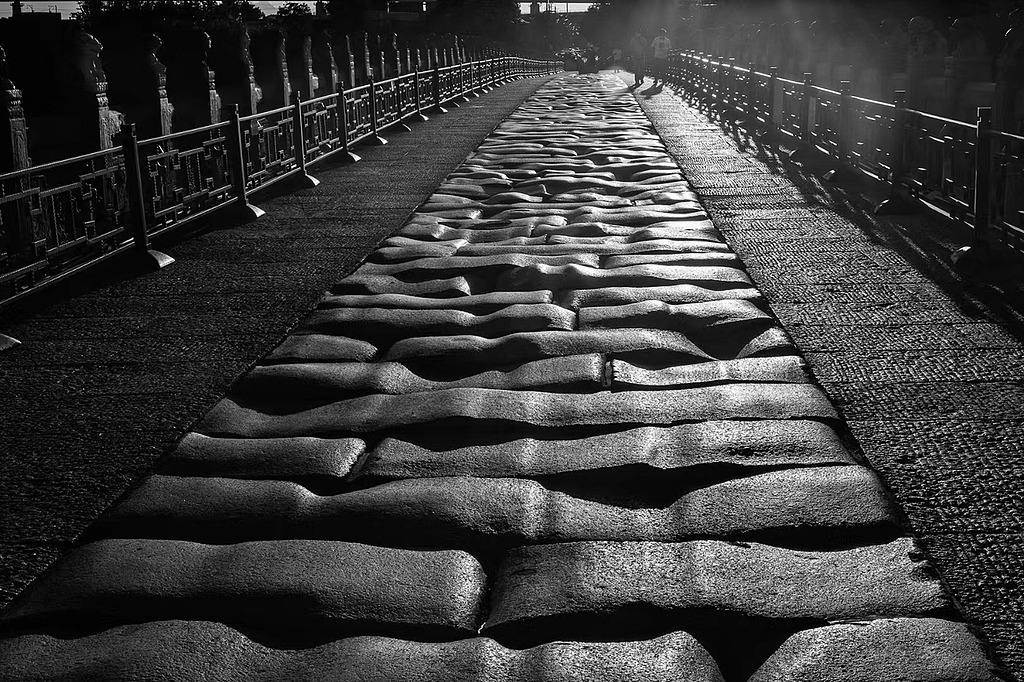Fragrant memories


Ho followed them to the parking lot. When the two got into a car, Ho used her phone and took a photo. Then came the potentially deadly encounter.
On the next day, Ho handed the photo to the police. The police could do little. At the time, the police had listed incense tree poaching as a normal incident of illegal tree felling. More than a dozen of incense trees were lost in the next week. Now, there are only two left in the neighborhood.
The trees are now endangered. In Hong Kong, the numbers of Aquilaria sinensis are down to within 1,000, according to the Agriculture, Fisheries and Conservation Department. To Ho, the losses cannot be quantified. They are precious and irreplaceable.
The heady fragrance of agarwood gave Hong Kong its name, which means fragrant harbor in Chinese. Ho believes Hong Kong residents can find their cultural roots in those trees.
According to Lo Hsiang-lin, a renowned researcher in Hakka culture, as early as the Song Dynasty (960-1279), incense trees were widely planted at Sha Lo Wan and on Hong Kong's Lantau island. Farmers transported the tree products from inland to Shek Pai Wan, where they were exported to Southeast Asia and further to Arabia. Shek Pai Wan was known as the "port of Hong Kong" -— the port used for transporting incense in Cantonese, and "Hong Kong" later became the name of the entire city.
- 8 held after children found with abnormal blood lead levels
- Country's high-speed rail network wins intl praise
- Thousands of PLA personnel deployed to flood-hit Rongjiang
- China's largest weapons manufacturer appoints new chairman
- Greater Bay Area rail passenger flows surge
- Shanghai exhibit hails role of Flying Tigers in liberating China





































